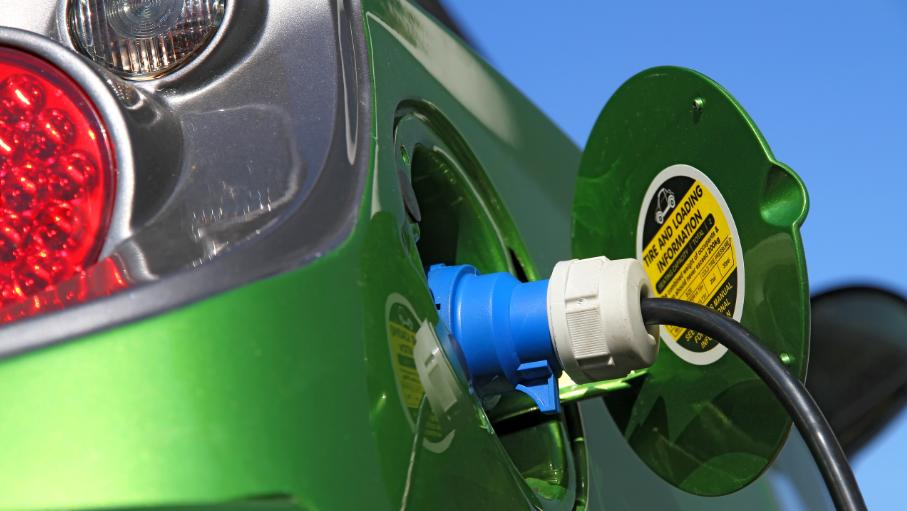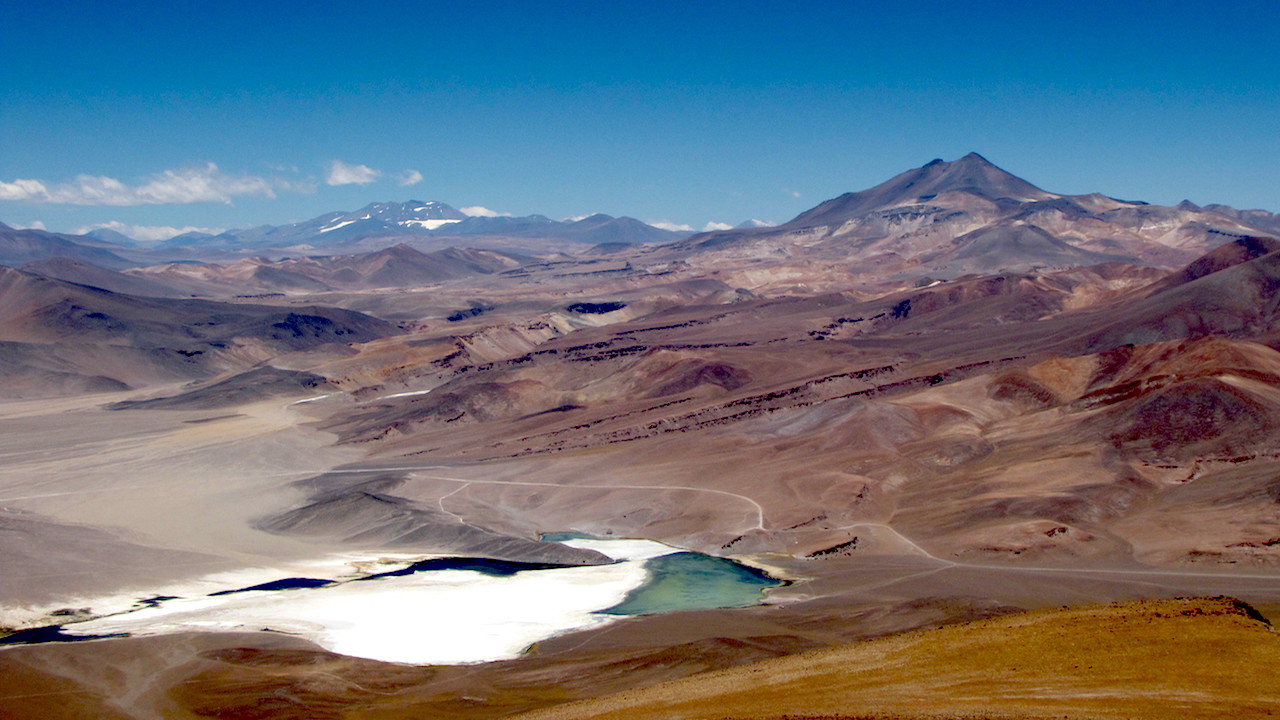Miner gets closer to producing ‘green’ lithium for EV batteries

Vulcan Energy Resources soared in Sydney after the mining company published a study suggesting it’s one step closer to providing Europe’s auto industry with a key ingredient for electric-car batteries.
Vulcan jumped 29% on Friday, to the highest value since the shares started trading in 2018, after releasing a pre-feasibility study saying its German lithium resources are the biggest in Europe.
The Australian startup claims it can produce battery-grade lithium without emitting carbon dioxide, and do so more efficiently than its rivals. Its strategy involves extracting lithium using a geothermal power plant in southern Germany. The method is similar to what Warren Buffett’s Berkshire Hathaway Inc. is researching in California’s Salton Sea.
The Australian startup claims it can produce battery-grade lithium without emitting carbon dioxide
The study values Vulcan’s lithium resources near Offenburg at 2.8 billion euros ($3.4 billion) before taxes. The project could extract enough for 1 million electric-car batteries per year and start production in 2024, the company said.
Rising demand
Vulcan hopes to benefit from rising demand for lithium in Europe, which is trying to build up a local battery-manufacturing industry to reduce dependency on Asian suppliers. Electric vehicles have become a focal point in the region, with governments bolstering subsidies to help carmakers recover from the pandemic and comply with stricter emissions standards.
While fully-electric cars drive emissions-free, the production of batteries has been criticized for its carbon footprint. Mining lithium from rocks is energy-intensive and extracting it from dried lake beds, as is often done in South America, drains local water reserves.
Vulcan says its process is more environmentally friendly because its feedstock — hot salar brine — provides not only lithium but also heat to generate renewable energy, reducing the method’s overall carbon footprint.
Friday’s gain values the company at A$564 million ($434 million).
Stringent environmental rules and local opposition have complicated the setup of new lithium mines in Europe as land owners and environmental groups fear pollution. Finland’s Keliber Oy in 2019 postponed its initial public offering amid protests against its activities.
(By Richard Weiss, with assistance from Laura Millan Lombrana)
{{ commodity.name }}
{{ post.title }}
{{ post.date }}




Comments
reza
That was interesting